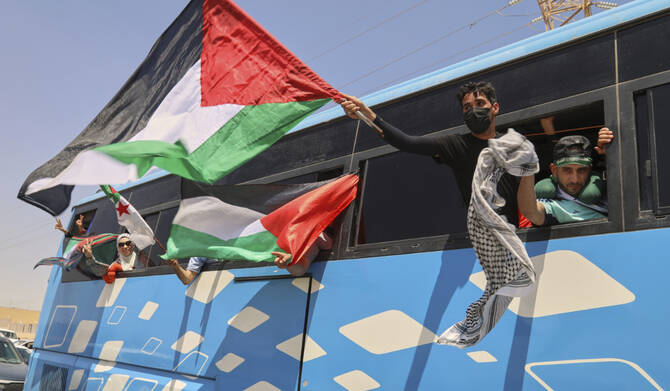In early June, thousands of international activists arrived in Egypt for the Global March to Gaza, hoping to walk from North Sinai to the Rafah border crossing in a powerful protest against Israel’s siege on Gaza. But the march never began. Egyptian authorities detained and deported dozens of participants, citing national security concerns. Many questioned Egypt’s decision. Was this a betrayal of Gaza?
Not quite. Rafah lies in the heart of the Sinai Peninsula — a region under tight military control after years of battling terrorism. A mass gathering of foreign demonstrators, however peaceful, presented real security risks. Egypt’s message was clear: support for Gaza must not come at the cost of national stability or border integrity.
But this wasn’t a rejection of solidarity. In fact, Egypt remains one of Gaza’s most active supporters — leading humanitarian aid efforts, hosting ceasefire negotiations, and operating the only real relief corridor. The critical truth often missed is this: it’s Israel that sealed the Gaza side of the Rafah crossing. No protest on Egypt’s side can force it open.
Cairo rejects attempts to shift the burden of Gaza’s suffering onto Egyptian soil. Turning Sinai into a displacement zone would only let Israel off the hook for its legal obligations. True solidarity, Egypt argues, must be lawful, strategic, and directed at the real source of the blockade. The cause lives on — but it must be pursued with wisdom, not spectacle.
Source: Arab News


